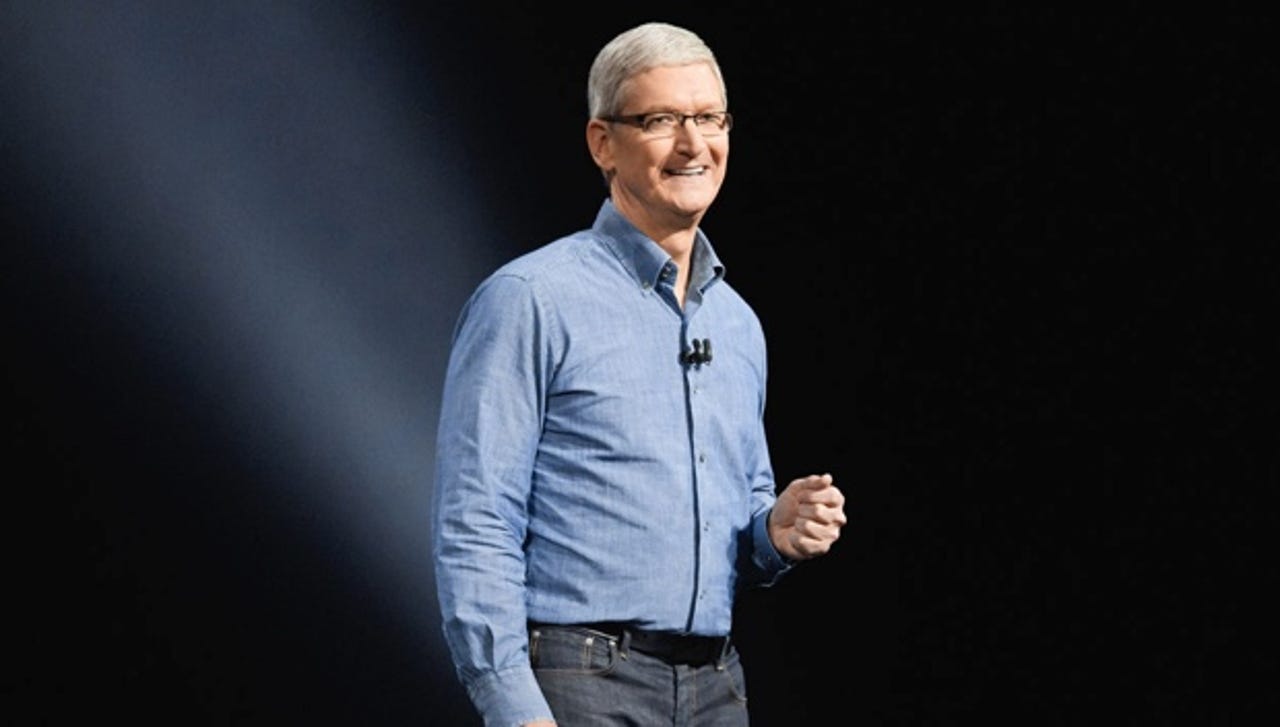Apple WWDC 2016: Five things you may have missed


Apple CEO Tim Cook kicking off WWDC 2016.
#1: Apple is going all-out for the Chinese market
OK, you might have noticed this one for yourselves, because it wasn't subtle.
WWDC 201
I lost count of the number of times the word "China" was said during the WWDC 2016 keynote presentation. No other country got namedropped the way China did. There was the bit where Scribbles for Apple Watch had support for English and Chinese. Hong Kong was namedropped with regards to the Apple Watch SOS feature. WeChat got a mention, as did Chinese ride sharing firm Didi and Alipay. And then it was mentioned how important the new iOS extension API that helps detect phone call scams would be in China.
China, if you didn't now it already, Apple really loves you.
See also: iOS 10 will make 40 percent of all iPads obsolete
#2: Apple hints at Touch ID coming to the Mac
Apple Pay is coming to the Mac with MacOS Sierra, and for the time being it will use the Touch ID on the iPhone to authenticate transactions. That feels like a clumsy solution, and it's a small step to see Touch ID coming to the Mac -- possibly a selected few -- sometime soon.
#3: Apple is beefing up Mac security
We already know how tough the iPhone is to crack, but Apple seems keen to now toughen up the security on the Mac by beefing up the file system through the addition of native encryption. This, combined with say Touch ID could turn the Mac into a secure computing platform.
#4: Apple seems to have lost confidence over the iPad
You'd think with the iPad Pro and the smaller iPad Pro that Apple would be keen to push these new devices hard during the presentation. And while there were a few demos that featured the iPad, hardware attention mostly revolved around the iPhone, Apple Watch, and the Mac.
It was clear that there was a cloud over the iPad.
This could be because Apple is planning an iPad Air 2 refresh -- which, come October will be two years old -- or the company understands all too well how unenthusiastic people are about the tablet (something which might not bode well at a time when Apple is planning to make 40 percent of iPads obsolete).
Either way, it feels like Apple doesn't have a clear plan for where it's going with the iPad.
12 built-in iOS apps you should replace with third-party apps
#5: Apple wants to squeeze more cash out of apps
A lot of pointers to how important Apple sees apps and developers:
- Opening out Siri and iMessage to developers
- Allowing users to delete stock apps (after all, why does Apple care if users wants to delete a stock app and replace it with one from the App Store that might be a paid app?)
- Releasing Swift Playgrounds, an app designed to teach the next-generation of developers
Apple is hoping that developers can do cool things with the likes of Siri, and that this will please users and keep them buying Apple hardware. Apple is a company that knows best the importance of apps, and by opening up Apple-specific services, it's creating apps that can't be coded over to Android or Windows Phone.
See also:
- iOS 10 will let you delete stock apps from your iPhone, iPad and iPod touch
- Apple WWDC 2016: 12 big takeaways
- iPhone demand "will remain feeble until at least early next year," claims Foxconn chairman
- Why WWDC 2016 is more important to Apple than a new iPhone
- Transform your iPhone or Android smartphone into a satellite phone